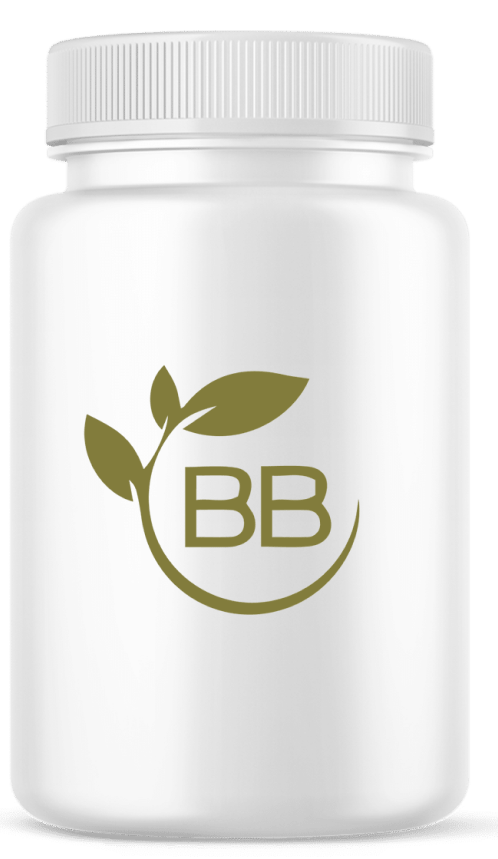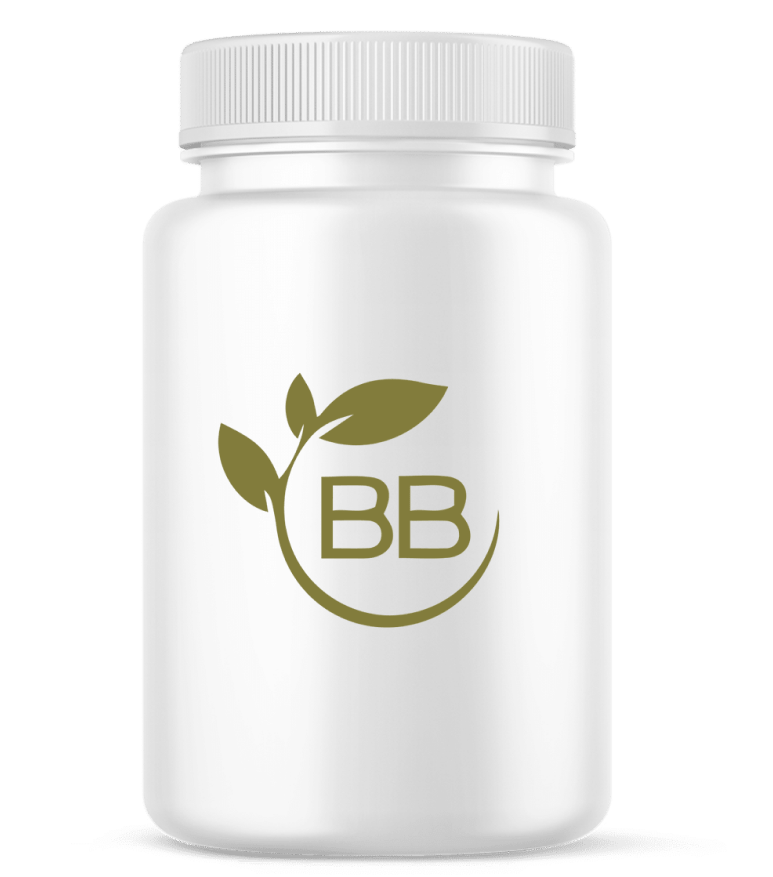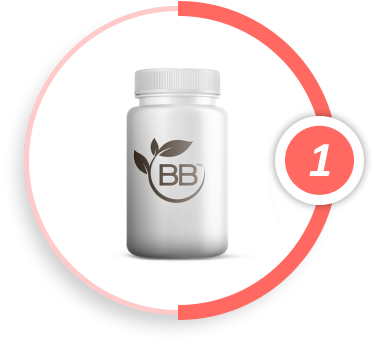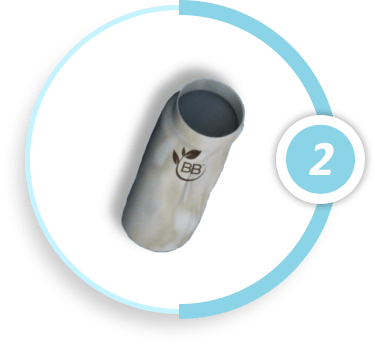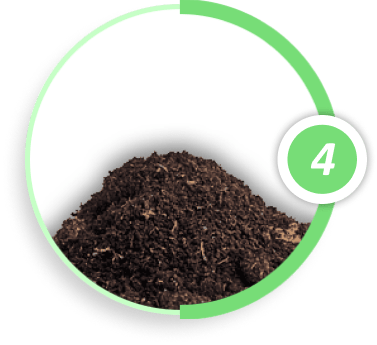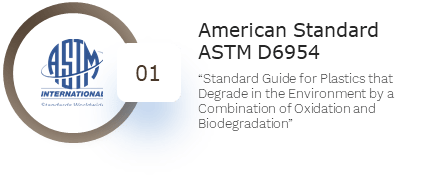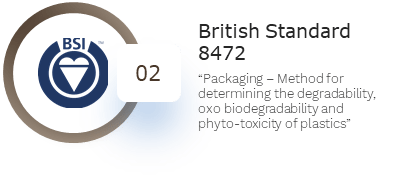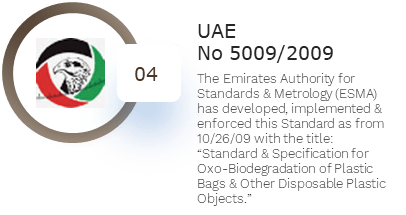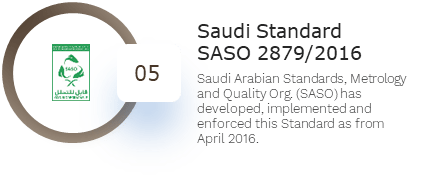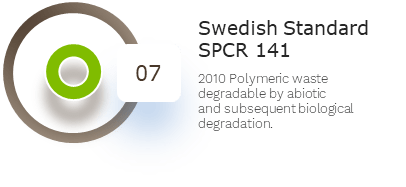BioBottles and BioCaps with “Planet IQ” is a masterbatch technology which turns ordinary plastic, at the end of its useful life, in the presence of oxygen, into a material with a different molecular structure. At the end of the process, it is no longer a plastic, and has changed into a material which is biodegradable, by bacteria and fungi, in the open environment. With over 20 years of scientific research behind it, Planet IQ biodegradable technology is perfect to use with most types of single-use plastic packaging and bottles.
Unfortunately, to the best of our collective efforts, we have failed ourselves and our planet by allowing plastics of all kinds to pollute our oceans, rivers,stream, parks, and more. Plastic, however, does have a place and should not be banned or taxed. Plastic is a very good material for protecting food and other goods from damage and contamination. It is also shown to have good environmental credentials by Life-cycle Assessments https://www.biodeg.org/subjects-of-interest/life-cycle-assessments/.
Nevertheless, if these plastics escape being recycled or contained in a landfill, then they will most likely be around for the next 400-plus years before they biodegrade. Leaving behind harmful chemicals and toxins which end up seeping into the ground and making their way into the food we eat and the water we drink.
For the past 25 years, therefore, our scientists have been working with academic scientists to develop a type of plastic that will biodegrade much more quickly in the open environment and will not, therefore, accumulate in the oceans or leave any microplastics or toxic residues. We have succeeded and have developed what we call Planet IQ technology.
The most important studies are as follows:
Oxomar was a three-year study on plastics in the marine environment sponsored by the French Government at l’Observatoire Oceanologique de Banyul Sue Mer. It concluded that plastic made with Planet IQ technology (also known as d2w) will biodegrade in the marine environment significantly more efficiently than conventional plastic. The Report can be found in English and French at https://www.biodeg.org/wp-content/uploads/2021/07/Final-report-OXOMAR-10032021.pdf
Another study conducted by Oxomar scientists allowed bacteria commonly found in the open environment access to d 2 w plastic film containing Carbon 13.
They found Carbon 13 in the CO 2 exhaled by the bacteria, proving beyond doubt that the plastic had been bio-assimilated by the bacteria.
Queen Mary University London reported in February 2020 that plastic products containing a Planet IQ d 2 w masterbatch will become biodegradable much more quickly than ordinary plastic if they get into the open environment at the end of their useful life and will then be biodegraded by bacteria commonly found in the open environment, up to 90 times faster than ordinary plastic. The Report can be found at https://www.biodeg.org/wp-content/uploads/2020/05/published-report-11.2.20-1.pdf
European Chemicals Agency In 2017 the EU Commission referred oxo-biodegradable plastic to ECHA because the Commission was concerned that it might create microplastics. ECHA made a call for evidence, and after studying many hundreds of pages of evidence, including evidence from us, and from Intertek https://www.biodeg.org/wp-content/uploads/2021/01/Intertek-Report-to-ECHA-24.5.18.pdf
they confirmed in a letter to us on the 30 th of October 2018 that they were not convinced that microplastics were formed.
Many methods have been proposed for preventing the pollution of the oceans by plastic, eg, improvement of waste management, reduction, and redesign of plastics, recycling, composting etc. We agree with improving waste management and with reduction and redesign so long as it does not lead to the use of packaging materials that are less effective and have inferior Life-cycle Assessments. The challenge with recycling is that you have to somehow collect the material from the open environment, which can prove to be very difficult and expensive, and there are serious limitations on the recyclability of plastics.
See eg. https://bioplasticsnews.com/2022/06/13/michael-stephen-recycling-oecd-ellen-macarthur-foundation/
Composting can also be a bit misleading in the sense that the average person believes composting is the ability to dispose of your plastic garbage in a simple composting pile in their backyard. The reality is that plastic products marketed as compostable must be collected and sent to a specific high-tech compositing facility that has the proper equipment to break down this complex material. The chances of a consumer mailing their bottle to a composting facility is unlikely on the scale needed to make a difference.
See https://www.biodeg.org/subjects-of-interest/composting/
Of the estimated 100 billion bottles that are currently produced on an annual basis worldwide. According to a relatively new report released by Greenpeace. https://www.greenpeace.org/usa/reports/circular-claims-fall-flat-again/.
Only about 5% of all plastics (which would include bottles and caps) will end up being recycled. The vast majority will end up in landfills or pollution.
We have therefore concluded that plastic isn’t going away anytime soon, but we do have the technology right now that we can utilize to curb the negative environmental impact plastic has if it escapes collection and ends up finding its way into the open environment.
For this reason, we have created BioBottles with Planet IQ technology.



